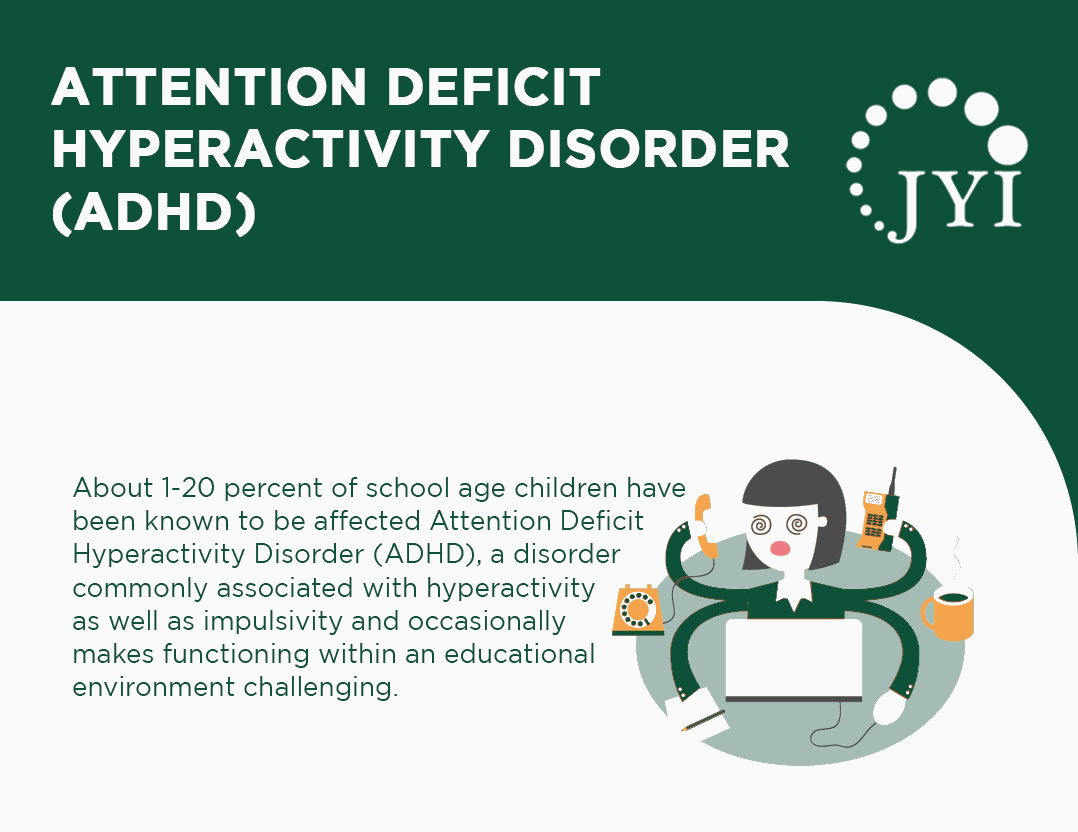Anywhere between 1 and 20 percent of school age children are affected by Attention Deficit Hyperactivity Disorder (ADHD), a disorder commonly associated with hyperactivity as well as impulsivity, that occasionally makes functioning within an educational environment challenging. In order to treat ADHD, Methylphenidate (MP) addresses the main cause: a disrupted dopamine system in the brain. However, MP is less effective when treating memory deficits than addressing the symptoms of ADHD. In a review of current research published today, Nidhila Masha of Duke University attempts to understand the mechanisms behind how MP alleviates working memory deficits.
Understanding a Physicist’s Work to Explore the Stars and His Community: An Interview with Dr. Jorge Lopez from the University of Texas at El Paso
The work of a nuclear physicist requires continued dedication to unravel the secrets of the universe, and Dr. Jorge Lopez from the University of Texas at El Paso exemplifies these qualities, demonstrated through his reception of the Presidential Award for Excellence in Science, Mathematics and Engineering Mentoring. Lopez, an expert in the field of nuclear physics who specializes in the molecular composition of stars and the geometric formation of nucleons upon cooling, sees this award as a testament to his future work in advancing the field of physics, both in research and in the classroom.
Mentorship in Medicine: Dr. Sarita Khemani Creates Resources for Aspiring Physicians
“Showing up, showing up and taking on a leadership role, and showing up and building a legacy are very different things. Be that person who takes it to the next level,” said Dr. Sarita Khemani, a neurosurgery hospitalist at Stanford Medical School and Hospital (Palo Alto, CA) when discussing her primary advice to aspiring physicians.
The Use of Methylphenidate in the Treatment of ADHD: What is the Mechanism for Treating Working Memory Deficits?
Methylphenidate (MP), a drug which blocks dopamine reuptake, is most commonly used to treat Attention Deficit Hyperactivity Disorder (ADHD), a disorder associated with a disrupted dopamine system in the brain. Though generally effective at treating common ADHD symptomology (e.g. hyperactivity and impulsivity), MP is less effective at treating working memory deficits, which are also associated with ADHD.

